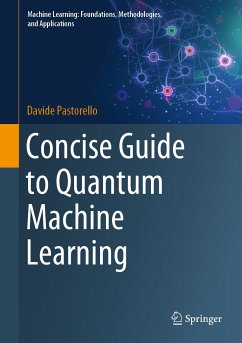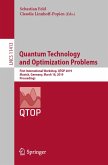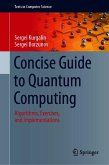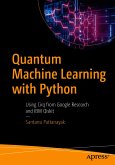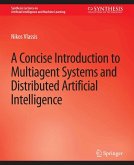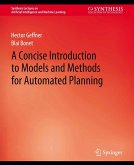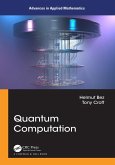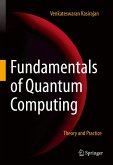This book offers a brief but effective introduction to quantum machine learning (QML). QML is not merely a translation of classical machine learning techniques into the language of quantum computing, but rather a new approach to data representation and processing. Accordingly, the content is not divided into a "classical part" that describes standard machine learning schemes and a "quantum part" that addresses their quantum counterparts. Instead, to immerse the reader in the quantum realm from the outset, the book starts from fundamental notions of quantum mechanics and quantum computing. Avoiding unnecessary details, it presents the concepts and mathematical tools that are essential for the required quantum formalism. In turn, it reviews those quantum algorithms most relevant to machine learning. Later chapters highlight the latest advances in this field and discuss the most promising directions for future research.
To gain the most from this book, a basic grasp of statistics and linear algebra is sufficient; no previous experience with quantum computing or machine learning is needed. The book is aimed at researchers and students with no background in quantum physics and is also suitable for physicists looking to enter the field of QML.
Dieser Download kann aus rechtlichen Gründen nur mit Rechnungsadresse in A, B, BG, CY, CZ, D, DK, EW, E, FIN, F, GR, HR, H, IRL, I, LT, L, LR, M, NL, PL, P, R, S, SLO, SK ausgeliefert werden.

